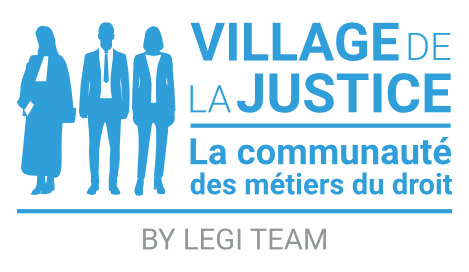We often see floating around contract templates, drafted in English, initially developed by English or American lawyers as intended to be subject to English or American law, and then used and re-used on thousands of international deals, and, in turn, subject to any number of other national laws, including French law.
It is interesting, and sometimes very important, to understand what the specific notions used in these templates mean.
For example, you can often find in these templates the following statement right at the beginning of the operative section of the contract :
“NOW, THEREFORE, for $10.00 and other good and valuable consideration, the receipt and sufficiency of which is acknowledged, the parties do hereby agree as follows : …”
Several questions should spring to the critical and astute mind of the French lawyer : Why are we mentioning $10.00 on a several hundred thousand dollar deal ? What do we mean by “good and valuable consideration” ? What do we mean by acknowledgement of “receipt and sufficiency” of consideration ?
The straightforward answer is the following : a recital of consideration in a contract gives rise to a presumption that the consideration for the contract was sufficient. However, the presumption may be rebutted by showing that recited consideration was not paid. If a formal recital that consideration was given is successfully contradicted, the contract may be unenforceable for want of consideration.
This, nevertheless, does not answer the most important question of all for a lawyer educated under the civil law system : what is this notion of “consideration”, and why does it seem so important ?
Consideration, an essential element to any common law contract
Under common law, for a contract to be formed, and therefore to be enforceable, one needs an offer that is accepted and the exchange of consideration by the parties. So, first and foremost, it is important to understand that an agreement without consideration is unenforceable.
Roughly speaking, consideration consists in the requirement of a counterpart in exchange for a promise. At the beginning it was a notion close to “cause” under French law but became in the 19th century a requirement for a form of exchange, the requirement for a “bargain”. The definition to remember is the following : consideration is the bargained for exchange of something of value.
This, of course, is not a problem when dealing with synallagmatic contracts, where there is obviously an exchange along the lines of “I will perform X if you perform Y”. But what about unilateral promises ? What about promises to give, do they have the same binding power as a contract ? What about unilateral amendments to synallagmatic contracts, are they binding if no new consideration is provided ?
Consideration and unilateral promises
Regarding the first question, let us look at a famous 19th Century English case, Carlill v Carbolic Smoke Ball Company, [1893] 1 QB 256 Court of Appeal, in which the plaintiff, Ms. Carlill, was seeking the enforcement of a promise made by the defendant, the Carbolic Smoke Ball Company, to the public at large. The Carbolic Smoke Ball Company had advertised that it would pay £100 to any person who used the Smoke Ball for 2 weeks and nonetheless caught influenza. Smoking the Smoke Ball was, of course, supposed to prevent you from catching the flu. Ms. Carlill purchased a Smoke Ball from a third party and used it. She caught the flu but the company refused to pay. Indeed, it claimed that its promise to pay the £100 was not supported by any consideration on the part of Ms. Carlill, who had not even purchased the Smoke Ball from the Company but from a third person. She had not provided, nor promised to provide, the Smoke Ball Company with anything of value in exchange for their promise. Therefore the promise was unenforceable.
This line of reasoning is of course very shocking to the French lawyer. While it was not so for the English court, it nevertheless found for the plaintiff, stating that the Smoke Ball Company’s promise was for good consideration, as it was consideration enough that the plaintiff took the trouble of using the smoke ball.
So, to conclude our first article on consideration (there will be more, as all the questions raised have not been answered), let us take another look at the definition of consideration, that is, the bargained for exchange of something of value. While we have seen that the something of value is often money, goods or services being exchanged, it can also be a detriment suffered by one or both parties (for example keeping silent in a confidentiality agreement, giving up other potential partners in an exclusivity agreement or even smoking a useless Smoke Ball for 2 weeks in the above case).
Furthermore, do note that the requirement of exchange is met in the case of unilateral contracts, not at the time the promise is made (contrary to synallagmatic contracts) but when the condition stated in the promise is performed (to use the Smoke Ball for 2 weeks and to nonetheless catch the influenza).



































